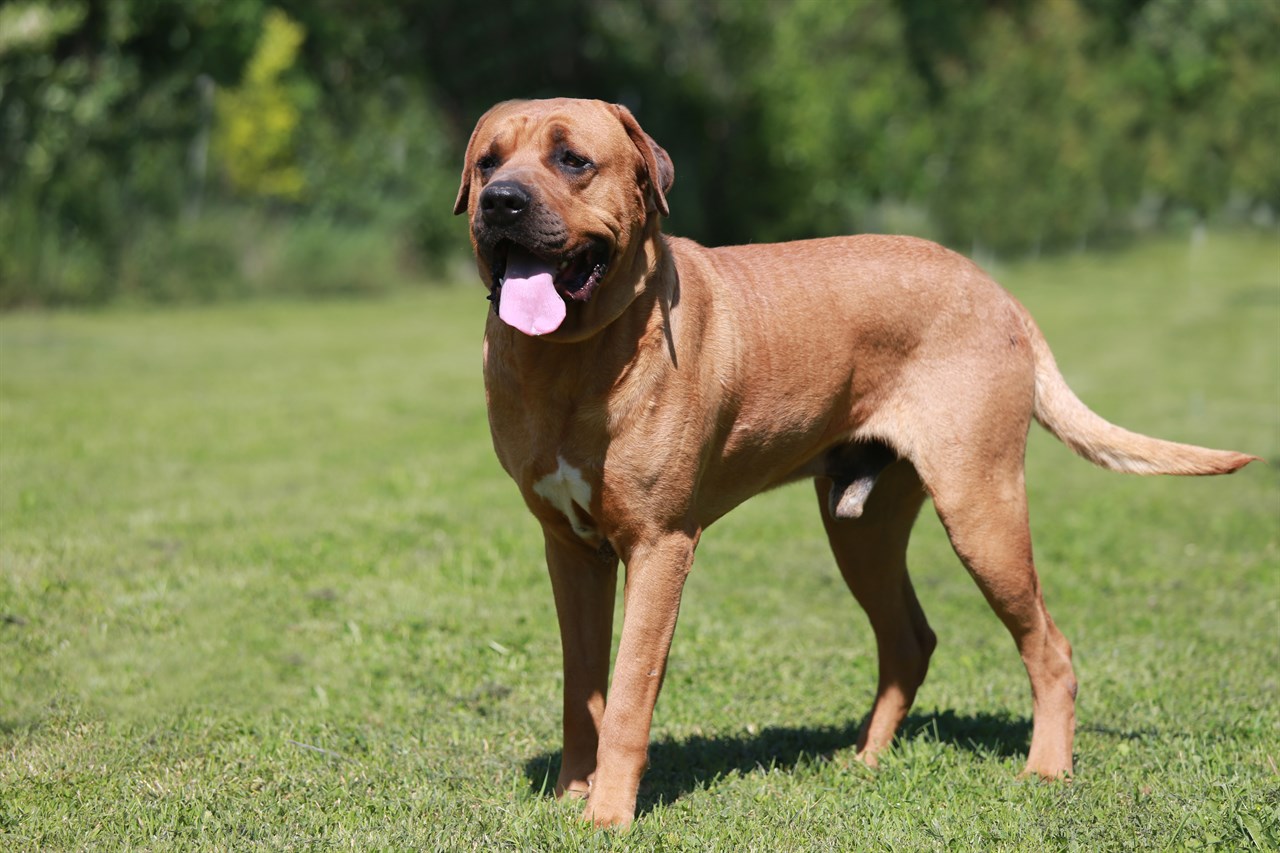Feeding Habits and Food Requirements of the Tosa Inu

Proper nutrition is essential for the health and well-being of your Tosa Inu. These majestic dogs, with their large size and muscular build, have specific feeding habits and food requirements that need careful consideration. Here's a comprehensive look at their feeding habits and dietary needs.
Age and Life Stage Considerations
Tosa Inus, like all dogs, have different nutritional requirements depending on their age and life stage:
- Puppy: Tosa Inu puppies need a diet rich in protein and essential nutrients to support their rapid growth and development. A high-quality puppy food formulated for large breeds is typically recommended. Follow the feeding guidelines on the food packaging and consult your veterinarian for specific recommendations.
- Adult: Adult Tosa Inus should transition to a balanced adult dog food. Look for formulae designed for large breeds to support their joint health and maintain their muscle mass. Be cautious about overfeeding, as Tosa Inus are prone to obesity, which can lead to health problems.
- Senior: As Tosa Inus age, their metabolism may slow down, and their activity levels may decrease. Consider transitioning to a senior dog food designed to meet the needs of ageing dogs. These formulae often include joint support and may have lower calorie content to prevent weight gain.
Protein and Fat Content
Tosa Inus benefit from a diet with moderate to high protein content, typically around 18-25% protein. Protein supports muscle maintenance and overall health. Look for sources of lean animal protein, such as chicken, turkey, or beef. Fat content should also be moderate, ranging from 10-15%. Healthy fats, like those from poultry or fish, provide essential fatty acids that contribute to coat health and overall well-being.
Portion Control
Given their size and tendency to gain weight, portion control is critical for Tosa Inus. Divide their daily food allowance into two or three meals to prevent overeating and aid digestion. The exact portion size will depend on their age, activity level, and the specific dog food brand you choose.
Avoid Overfeeding
Tosa Inus are prone to obesity, which can lead to various health issues, including joint problems. Avoid free-feeding and excessive treats. Monitor their weight and adjust their portion sizes as needed to maintain a healthy body condition.
Hydration
Provide access to fresh, clean water at all times. Proper hydration is essential for digestion, organ function, and overall health. Make sure your Tosa Inu has easy access to water throughout the day.
Food Allergies and Sensitivities
Some Tosa Inus may have food allergies or sensitivities. If your dog shows signs of allergies (such as skin issues, itching, or gastrointestinal problems), consult your veterinarian to determine if a special diet is required.
Veterinary Guidance
Consult with your veterinarian to choose the right dog food brand and formula for your Tosa Inu. They can provide recommendations based on your dog's specific needs, including any health concerns or dietary restrictions.
Avoid Table Scraps
Avoid feeding your Tosa Inu table scraps or human food, as this can lead to digestive upset, weight gain, and nutritional imbalances. Stick to a balanced and high-quality dog food formulated for their specific requirements.
Conclusion
Feeding your Tosa Inu a well-balanced diet that meets their specific nutritional needs is essential for their overall health and longevity. Pay attention to their age, activity level, and any special requirements they may have, and consult with your veterinarian for personalised dietary recommendations. With proper nutrition and portion control, you can help ensure that your Tosa Inu remains healthy, strong, and happy throughout their life.